Lyrical portraits of Omaha, America’s Heartland
- Text by Miss Rosen
- Photography by Gregory Halpern

The American Heartland has many connotations. It’s a mythical term steeped in images of family, religious community, hard work, drinking, and the army – each rooted in the archetype of the All-American Man.
It has fascinated painters and photographers alike, from Robert Frank to Dorothea Lange, Edward Hopper to Grant Wood. For the past 15 years, Magnum photographer Gregory Halpern has immersed himself in this fabled world, capturing a panoply of historic symbols to create the new book Omaha Sketchbook (MACK) and an accompanying exhibition of the photographs.
“It’s the experience of modern life in America, just as the Impressionists painted the experience of modern life in France,” says Giles Huxley-Parlour, gallerist. “It’s a national obsession.”
“As an artist growing up in America, this is a subject that is irresistible. If you look at the paintings of Hopper, they’re about the emptiness of the heart of the American Dream. It’s an endlessly fascinating [subject].”
In Omaha Sketchbook, Halpern captures the nostalgia of the titular city. It’s as if someone stopped the clock in 1963: there are scenes of sun-drenched family homes, the church, the football team suited up, the Boy Scouts in their regalia, the meat plant, and the water tour at sunset. It is an epic poem to a city and nation built on the undying belief in Manifest Destiny.

Boy Scouts 1, Omaha, NE © Gregory Halpern

Bridge (Evening), Omaha, NE © Gregory Halpern
“There’s a strong sense of vernacular poetry in the book: lots of overexposed blurred pictures, power stations, faded pictures, casually composed pictured deliberately snapshot to give a sense of a language that sums up the day to day aesthetic,” Huxley-Parlour says.
“There’s a look in the book of the disposable Instamatic Kodak; the one-time-use cameras you used to buy for $5, and there’s a feel of photographs that are not about composition and elegance but are about raw feeling, power, and place.”
At the same time, there is a sense of the monumental within these quiet images of daily life; a feeling of something heroic that tugs at the heartstrings of nationalists.
“My feeling is that this isn’t about the future, but an America rooted in the past,” Huxley-Parlour says. “It’s about this old fashioned notion of American values in a fairly normal city, in a normal part of America. This is the sort of place where right-wing values that hold firm and always have done. It’s a view of a traditional America on the precipice of modernity. I don’t see much of the future there.”

Card Game, Nebraska, Correctional Youth Facility, Omaha, NE © Gregory Halpern

Julia, Reserve Officer Training Corps, Omaha, NE © Gregory Halpern courtesy Huxley-Parlour Gallery

Lewis, Football Practice, Omaha, NE © Gregory Halpern courtesy Huxley-Parlour Gallery

Dog on Hill (Sunrise), Omaha, NE © Gregory Halpern courtesy Huxley-Parlour Gallery

Omaha, NE (Downtown Through Sunflowers) © Gregory Halpern courtesy Huxley- Parlour Gallery

James in Car, Omaha, NE © Gregory Halpern courtesy Huxley-Parlour Gallery

Emilio, Omaha, NE © Gregory Halpern courtesy Huxley-Parlour Gallery

John, Service Clerk, Cubby’s Grocery Store, Omaha, NE © Gregory Halpern courtesy Huxley-Parlour Gallery
Gregory Halpern: Omaha Sketchbook in on view at Huxley-Parlour Gallery in London through October 12, 2019.
Follow Miss Rosen on Twitter.
Enjoyed this article? Like Huck on Facebook or follow us on Twitter.
Latest on Huck

Three decades behind the scenes of the music industry
Eddie Otchere’s ‘Spirit Behind the Lens’ is a story of music and culture that crosses and transcends borders.
Written by: Isaac Muk
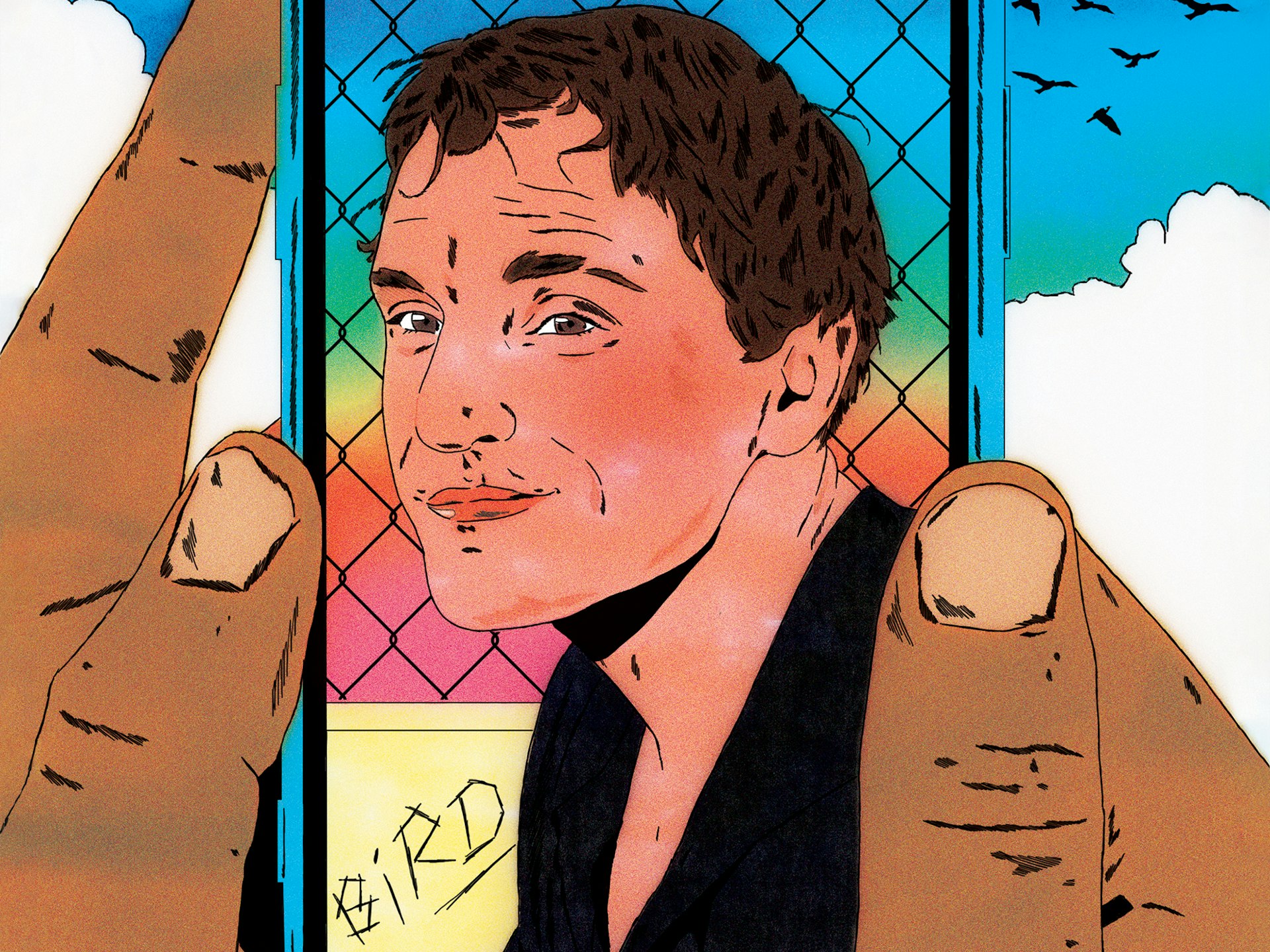
Barry Keoghan, Franz Rogowski and Andrea Arnold on ‘Bird’
The new issue of Little White Lies brings Andrea Arnold’s sixth feature to life with a thematic voyage down the Thames estuary.
Written by: Maisy Hunter
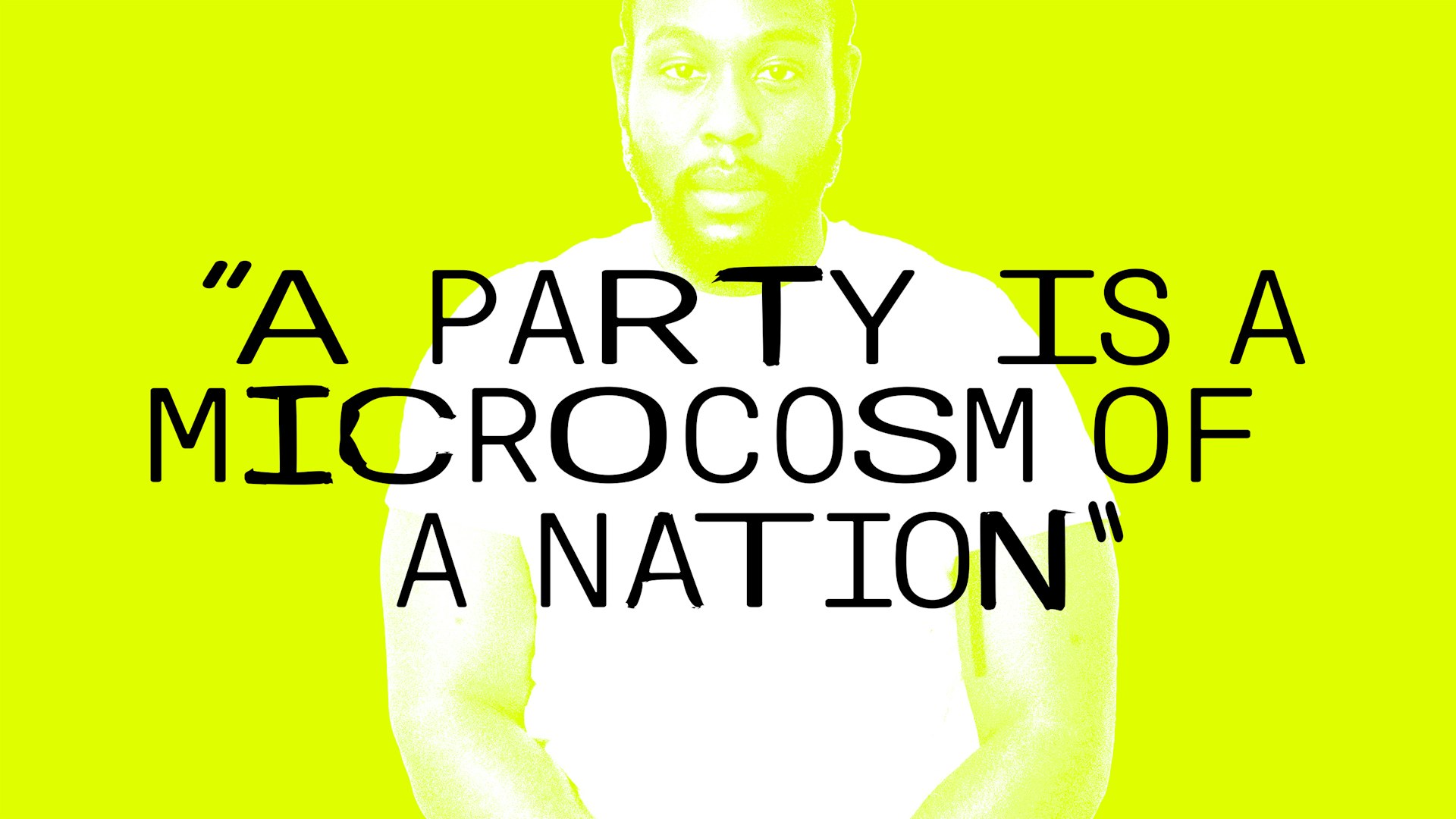
“A party is a microcosm of a nation”: Caleb Femi on the decline of the house party
To celebrate the publication of his new collection ‘The Wickedest’, Isaac Muk caught up with Femi to talk more about the work, the future of the shoobs, and discuss why having it large on a Saturday night should be cherished.
Written by: Isaac Muk
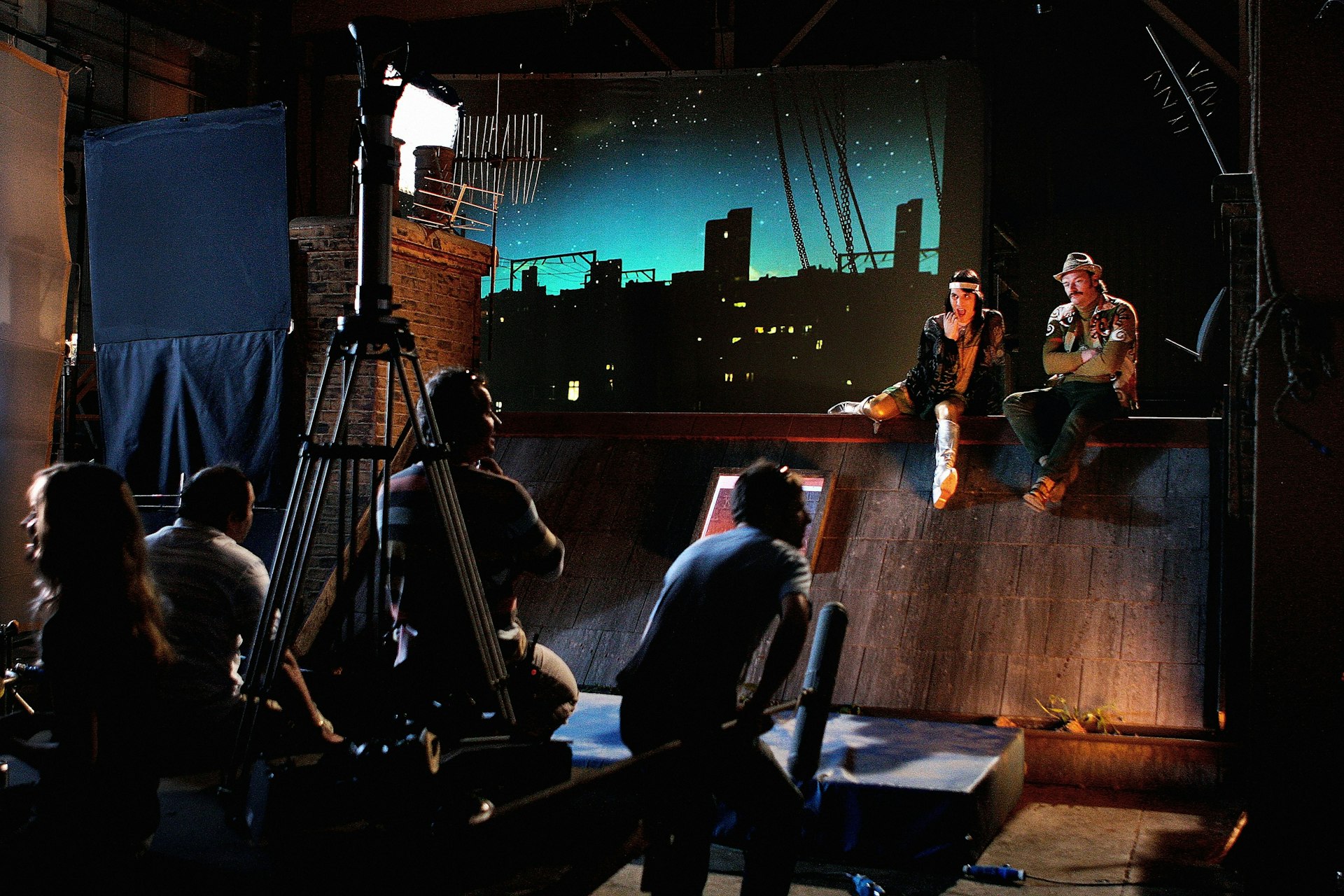
Celebrating 20 years of The Mighty Boosh
A new exhibition takes a look behind the scenes of the iconic show two decades after its BBC3 premiere.
Written by: Isaac Muk
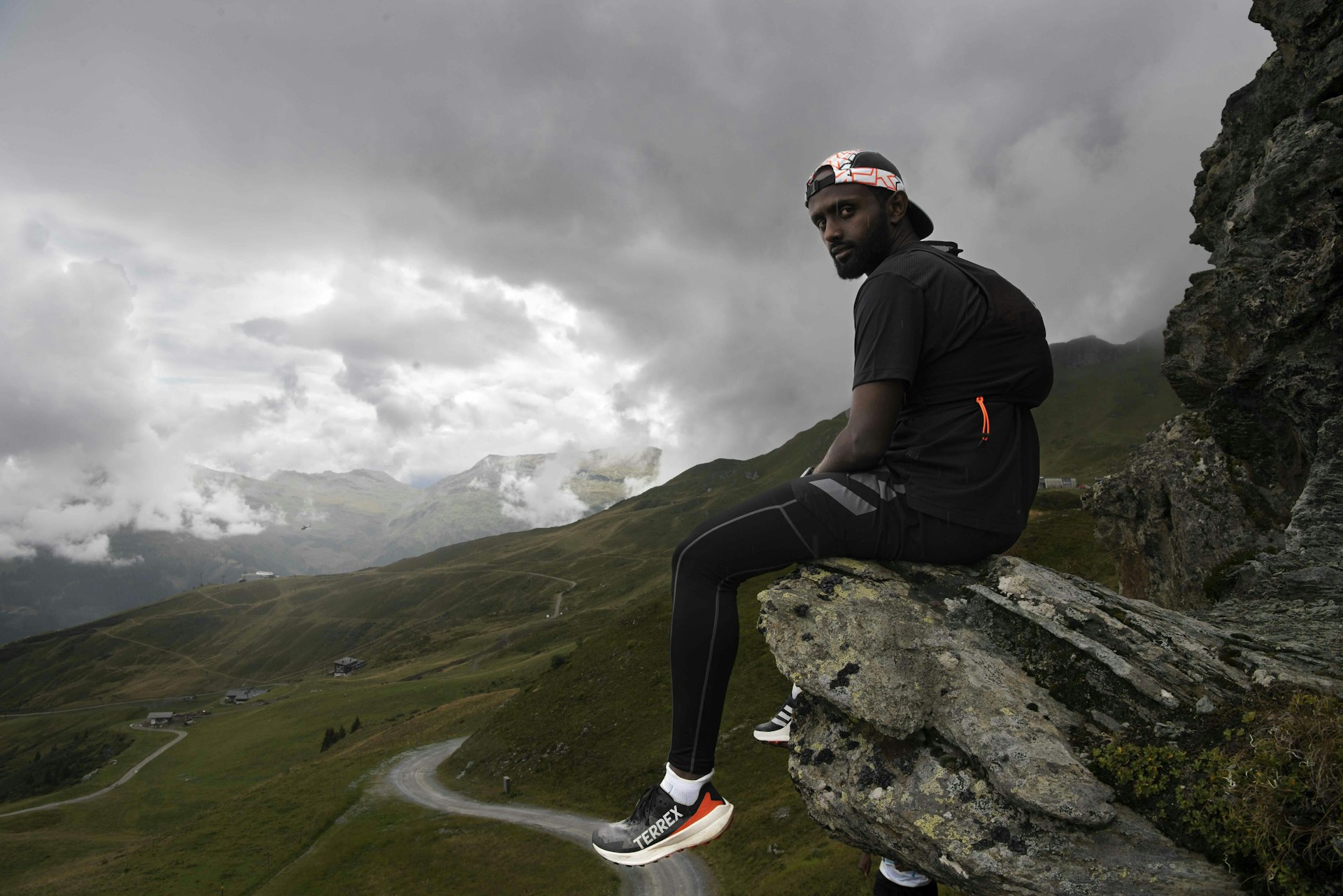
We Run Mountains: Black Trail Runners tackle Infinite Trails
Soaking up the altitude and adrenaline at Europe’s flagship trail running event, high in the Austrian Alps, with three rising British runners of colour.
Written by: Phil Young
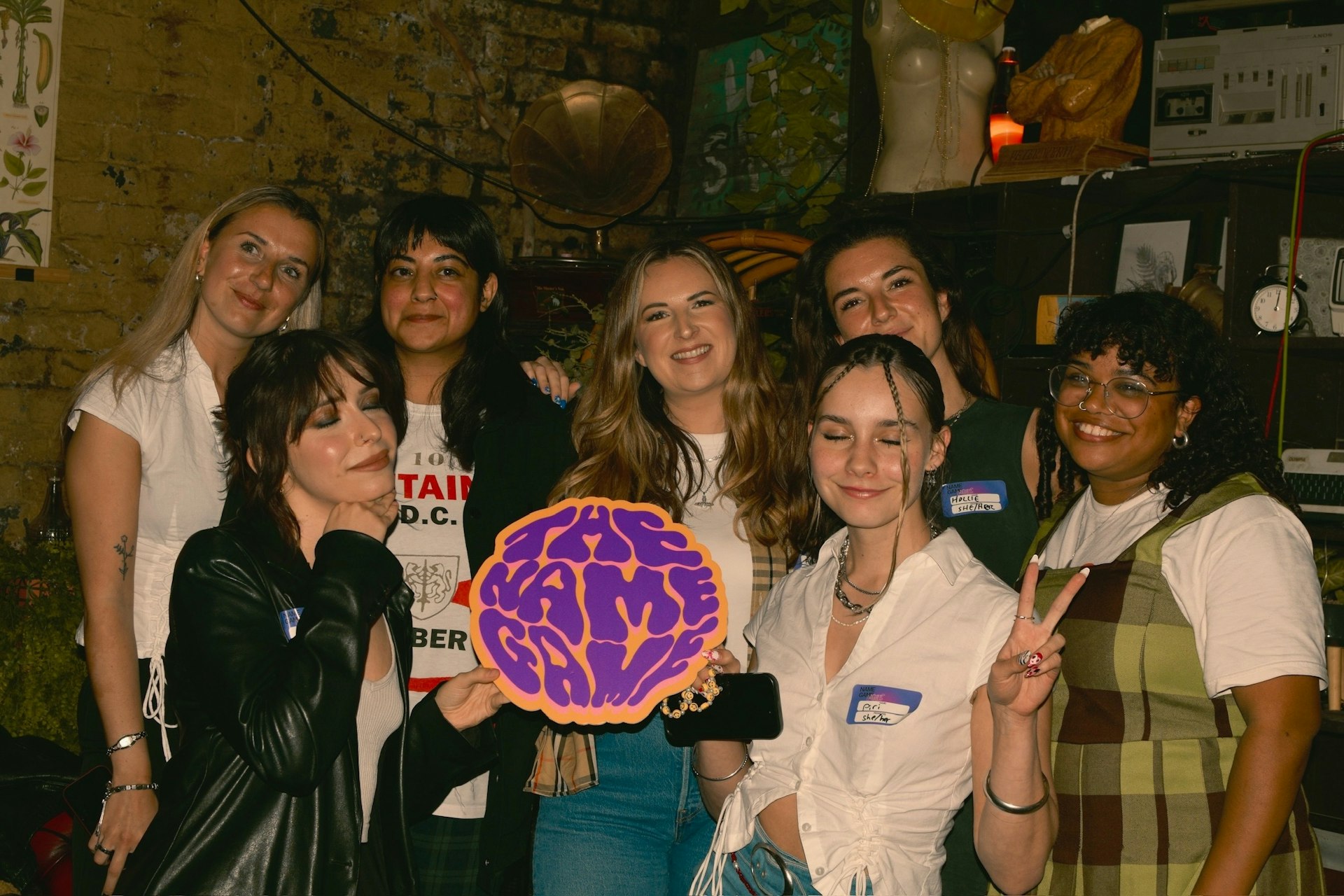
The organisation levelling the playing field in the music industry
Founded in 2022, The Name Game is committed to helping female, non-binary and trans people navigate the industry.
Written by: Djené Kaba